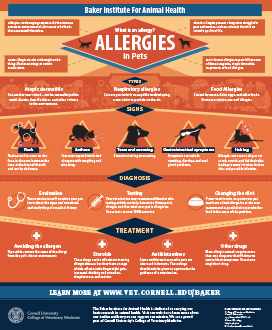How To Evaluate Dog Daycare
How To Evaluate Dog Daycare
Blog Article
What Vaccinations Are Required For Pet Childcare?
Whether your dogs spend time at daycare or boarding facilities, they need to be current on every one of their called for inoculations. Core vaccinations consist of Bordetella, rabies and DA2PP, which defend against usual illness that pet dogs are subjected to when in close contact with others.
Non-core injections include canine flu and leptospirosis shots. These are suggested for puppies that mingle with various other canines regularly.
Core Injections
As an important part of precautionary care, pet injections assist keep pets secure from transmittable illness transferred through straight contact or contaminated surface areas. Injections boost the body immune system to create antibodies that deal with illness, and many veterinarians think about core dog vaccinations to be vital for all pets.
Rabies
The majority of trustworthy pet dog daycare centers require that your pet dog be up to day on their rabies vaccination. Inoculations are provided to pups as early as 12-16 weeks old, and boosters are required every three years approximately up until adulthood. Rabies is a deadly viral illness that spreads out with saliva, generally from bites. A lot of states require rabies inoculations for all canines and pet cats, and some also mandate rabies boosters for animal proprietors.
Distemper/Parvovirus/Adenovirus (DHPP).
This mix vaccine covers canine distemper, parvovirus, liver disease, and adenovirus, all of which are very infectious. The majority of veterinary workplaces provide DHPP vaccinations as one shot or in a series of 2 to four shots, offered 2-4 weeks apart, followed by a dallas dog daycare and boarding yearly booster. This vaccine is a demand for many boarding and dog daycare centers, as well as lots of groomers.
Bordetella/Canine Parainfluenza Vaccination.
Bordetella bronchiseptica, typically called kennel cough, is an extremely transmittable respiratory infection brought on by the bacteria that triggers the condition. Symptoms consist of relentless coughing, sneezing, nasal discharge, and fever. A lot of kennel coughing outbreaks happen in jampacked environments, such as daycare or boarding centers, and are especially typical in warmer climate. This injection is a requirement for a lot of daycare and boarding facilities, and is usually provided in a mix with the DHPP vaccination.
Leptospirosis Vaccine.
This is a bacterial illness that spreads out through infected water, soil, and pee. Infection can create kidney and liver damage, in addition to fatality, and is transmissible to human beings. Many veterinarians will certainly advise this vaccine, based on geographical area and lifestyle of the pet, for pet dogs that hang around outdoors or at boarding centers, as well as some groomers. This injection is generally administered as a series of two to four shots, spaced 2-4 weeks apart, with an annual booster required for a lot of family pets.
Lyme Illness Vaccination.
One of the most usual tick-borne disease in the United States, Lyme disease is transmitted by the deer tick and can result in fever, joint pain, muscular tissue pain, and anorexia nervosa. The Lyme disease vaccine protects against the most prevalent strains of the infection, consisting of the H3N8 and H3N2 pressures. The majority of veterinary facilities advise this vaccination, specifically in risky locations, such as the Northeast, top Midwest, Mid-Atlantic, and along the Pacific shore.
Noncore Vaccines.
Various other dog vaccines, while not required for all animals, are recommended based on the dog's way of living and geographical area. These include the following:.